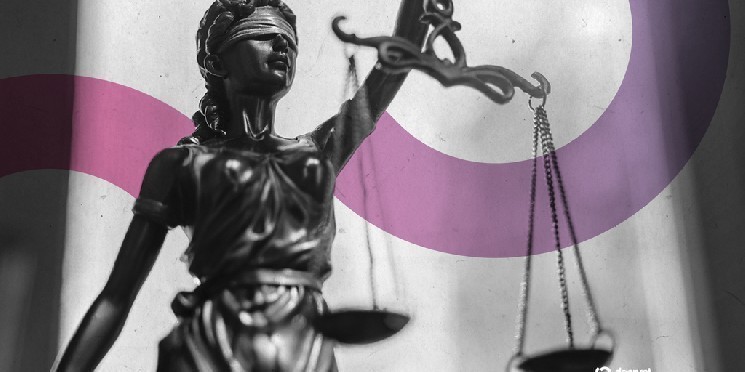Nike Inc. and StockX, a Detroit-based on-line market, settled a three-year case in New York federal courtroom final Friday over sneaker-linked NFTs and trademark misuse, over half a yr after a choose dominated the resale platform bought counterfeit sneakers.
The settlement instantly takes a jury trial scheduled for October off the calendar, dismissing all claims with prejudice. It spares StockX the danger of a dangerous verdict, whereas permitting Nike to keep away from the uncertainty of placing its model safety technique earlier than a jury.
The case started within the Southern District of New York in February 2022, when Nike accused StockX of trademark infringement and dilution, alleging its “Vault” NFTs used Nike sneaker pictures with out authorization to promote tokens tied to bodily sneakers.
On the time, Nike argued the NFTs “are prone to confuse shoppers, create a false affiliation between these merchandise,” and dilute its emblems.
A month later, StockX countered in that its Vault NFTs had been designed “to trace possession of often traded bodily merchandise,” to not mislead shoppers, arguing that Nike’s swimsuit mirrored “a elementary misunderstanding of the assorted features NFTs can serve.”
By Could of the identical yr, Nike had amended its grievance to allege that StockX was additionally promoting counterfeit sneakers, saying pairs it bought from the platform failed authentication and additional supported its trademark claims.
These allegations had been later addressed earlier in March this yr, with Decide Valerie Caproni granting Nike partial abstract judgment after discovering StockX responsible for distributing counterfeit items tied to 4 pairs of sneakers bought to Nike’s investigators and 33 pairs bought to a buyer named Roy Kim.
Unlaced in courtroom
The ruling left different claims unresolved and set the case for trial, however the settlement reached in late August lower these plans quick.
Now, observers level to the abrupt decision as a key second for the way markets might view tokenized items.
The Nike–StockX settlement “brings aid to the sneaker NFT market by eradicating the danger of a disruptive jury trial, however the true sign for the business got here earlier: when RTFKT shut down in December,” Dan Dadybayo, analysis and technique lead at Unstoppable Pockets, advised Decrypt.
“RTFKT was probably the most influential phygital studio, mixing Nike Cryptokicks, Clone X with Murakami, and experimental sneaker drops,” Dadybayo defined.
The closure of RTFKT “confirmed how fragile hybrid fashions are when model management and IP compliance aren’t crystal clear.”
The settlement reinforces how “NFTs functioning as receipts for bodily items will survive, however tokens drifting into standalone collectibles with out model approval will face authorized strain,” he mentioned, including that “much less tolerance for gray-area resale platforms” might be anticipated.
Aligning with Dadybayo’s level, Hank Huang, CEO of Kronos Analysis, advised Decrypt that NFTs “are now not a authorized grey space,” noting how trademark rights have turn out to be “important for constructing credible, compliant platforms” because the tokenized collectible market “enters a extra disciplined section.”









